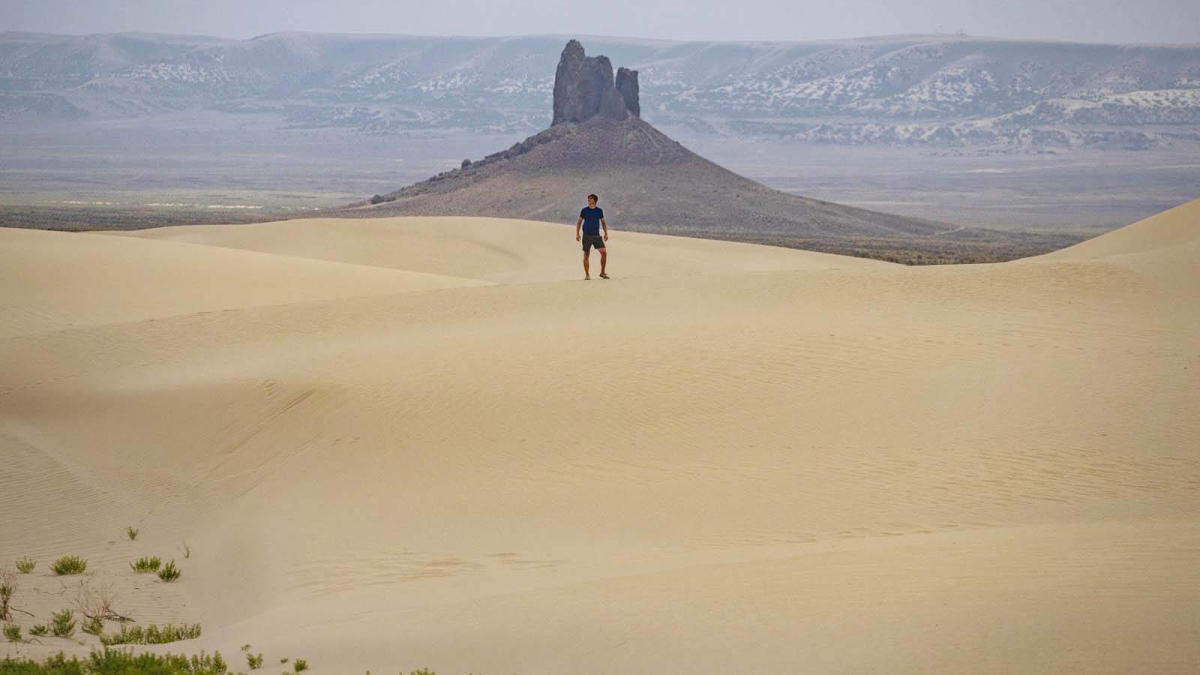
External Tool Developers
- Jessica Halofsky: Jessica Halofsky
- Summer Kemp-Jennings
Description
The Climate Change Adaptation Library was recently developed to assist resource managers and planners with responding to climate change effects. The Library was derived from four climate change vulnerability and adaptation projects encompassing 21 national forests and six national parks in the western United States. Adaptation strategies (general approaches) and tactics (on-the-ground actions) were developed for vegetation, hydrology and infrastructure, fisheries, wildlife, and recreation. Nearly 1000 participants in 14 workshops identified 145 adaptation strategies and 468 adaptation tactics. These strategies and tactics were compiled into a Climate Change Adaptation Library for the Western United States, to be used as a resource for others interested in climate change adaptation in natural resources.
Purpose and Scope
Adaptation options in the Library are intended to inform sustainable management of natural resources, reduce the negative effects of climate change, transition ecosystems to a warmer climate, and help integrate climate change in natural resource management, planning, and business operations of federal land management agencies. Adaptation options in the library were developed in the Pacific Northwestern U.S. and Rocky Mountains, but many of the options are applicable in other regions.
Use
This collection of adaptation options in the Library can be used in a variety of applications, including planning documents (e.g., land management plans), resource management strategies (e.g., conservation plans), project design (e.g., activities at specific locations), and resource monitoring evaluations (e.g., monitoring objectives).
SDGs, Targets, and Indicators in the Article
SDGs Addressed or Connected to the Issues Highlighted in the Article:
- SDG 13: Climate Action
- SDG 15: Life on Land
Specific Targets Under Those SDGs Based on the Article’s Content:
- SDG 13.1: Strengthen resilience and adaptive capacity to climate-related hazards and natural disasters
- SDG 13.2: Integrate climate change measures into national policies, strategies, and planning
- SDG 15.5: Take urgent and significant action to reduce degradation of natural habitats
- SDG 15.9: By 2020, integrate ecosystem and biodiversity values into national and local planning, development processes, poverty reduction strategies, and accounts
Indicators Mentioned or Implied in the Article:
- Number of adaptation strategies and tactics identified (Article mentions 145 adaptation strategies and 468 adaptation tactics)
- Number of participants in workshops (Article mentions nearly 1000 participants in 14 workshops)
Table: SDGs, Targets, and Indicators
| SDGs | Targets | Indicators |
|---|---|---|
| SDG 13: Climate Action | 13.1: Strengthen resilience and adaptive capacity to climate-related hazards and natural disasters | Number of adaptation strategies and tactics identified |
| SDG 13: Climate Action | 13.2: Integrate climate change measures into national policies, strategies, and planning | Number of participants in workshops |
| SDG 15: Life on Land | 15.5: Take urgent and significant action to reduce degradation of natural habitats | |
| SDG 15: Life on Land | 15.9: By 2020, integrate ecosystem and biodiversity values into national and local planning, development processes, poverty reduction strategies, and accounts |
Note: The table includes the SDGs, their corresponding targets, and the specific indicators identified in the article.
Behold! This splendid article springs forth from the wellspring of knowledge, shaped by a wondrous proprietary AI technology that delved into a vast ocean of data, illuminating the path towards the Sustainable Development Goals. Remember that all rights are reserved by SDG Investors LLC, empowering us to champion progress together.
Source: fs.usda.gov

Join us, as fellow seekers of change, on a transformative journey at https://sdgtalks.ai/welcome, where you can become a member and actively contribute to shaping a brighter future.






